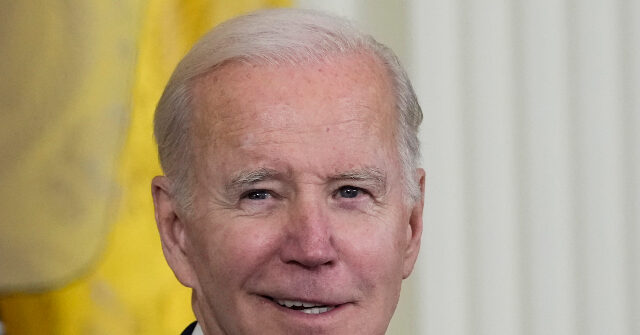In a recent ruling, the Biden administration was allowed to extend the Affordable Care Act (ACA), commonly known as Obamacare, to participants in the Deferred Action for Childhood Arrivals (DACA) program. This decision comes after the administration, led by President Biden and Vice President Kamala Harris, had announced their intent in May to include certain DACA recipients in the healthcare program. DACA, initiated by former President Barack Obama, protects numerous undocumented individuals from deportation, granting them work authorization and potential pathways to legal status in the United States.
The legal landscape surrounding this decision has been contentious. Earlier in the month, a District Judge, Daniel Traynor, issued a preliminary injunction preventing the Biden administration from enrolling DACA recipients in ACA while the matter underwent judicial review. However, the U.S. Court of Appeals for the Eighth Circuit intervened this week, granting a stay on the district court’s ruling and allowing DACA recipients to enroll in Obamacare plans across all states, including those that had previously sued the Biden administration to halt the initiative.
Seventeen states, along with Kansas, formed a coalition to challenge the Biden administration’s decision through a lawsuit. Key states involved in this legal action include Alabama, Florida, Texas, and others, which argue that the inclusion of DACA recipients in the ACA could lead to significant financial implications for the healthcare system and taxpayers. Previous cost projections estimated that if around 100,000 DACA recipients were to enroll, the expense for taxpayers could reach approximately $300 million annually, while other analyses have suggested a financial burden as high as $2.8 billion per year.
Historically, the topic of illegal immigration and access to healthcare has been fraught with political debate. During his 2012 State of the Union Address, President Obama assured the American public that undocumented immigrants would not have access to the ACA, leading to a notable outcry from political opponents. This background sets the stage for ongoing discussions regarding healthcare eligibility for undocumented individuals and raises questions about the government’s responsibilities toward this population.
The case at hand, known as Kansas v. United States, is presently in the U.S. District Court for North Dakota as it navigates through the judicial system. It highlights the tension between state-level resistance to federal healthcare initiatives and the Biden administration’s commitment to expanding healthcare access, particularly for vulnerable populations like DACA recipients. The legal proceedings around this case will continue to evolve, with responses to the appeals expected from the appellees by mid-December 2024.
As this situation develops, the overarching implications of granting DACA recipients access to Obamacare underscore broader themes in U.S. immigration and healthcare policy. The decision could set a precedent for future policies involving undocumented immigrants and access to essential services, further igniting discussions about the intersection of healthcare, immigration reform, and taxpayer responsibilities in the United States.

